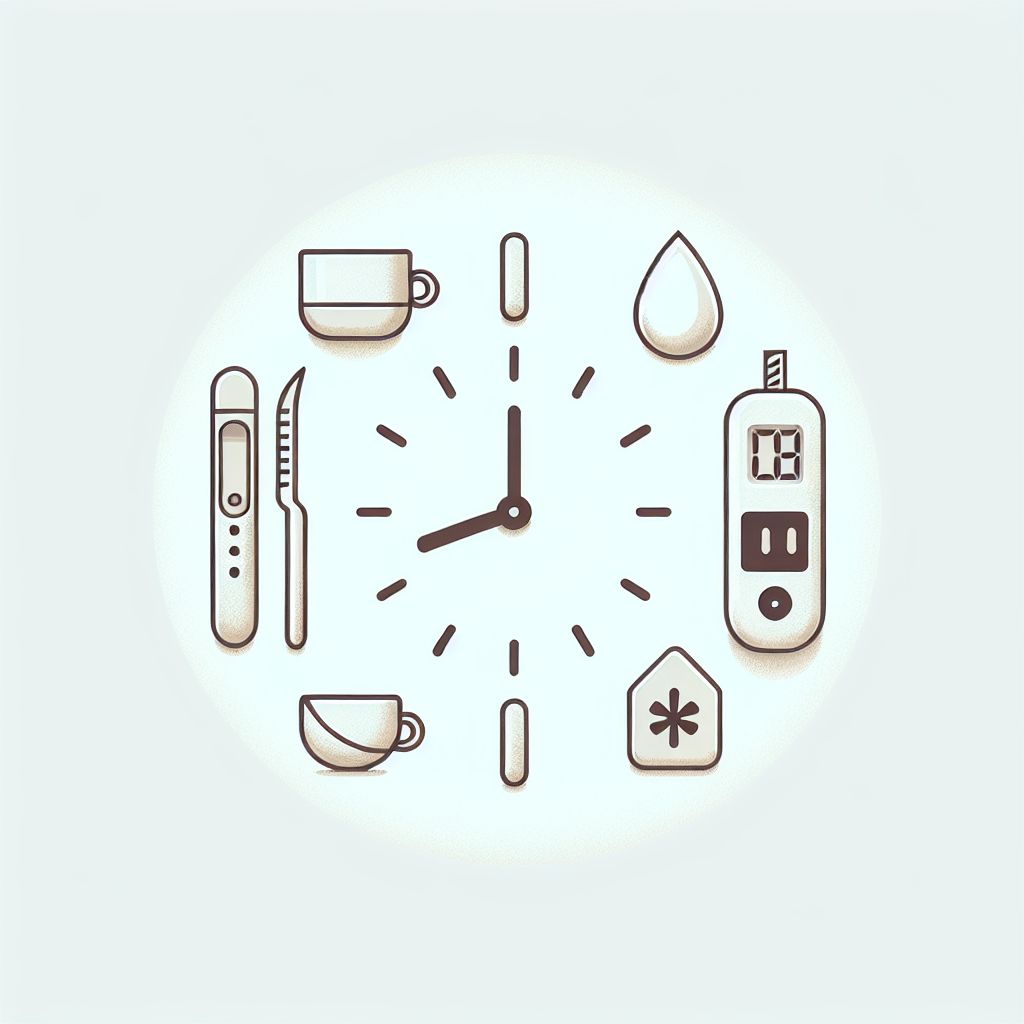Intermittent Fasting: A Breakthrough Approach to Reversing Type 2 Diabetes
Studies show controlled fasting can lower blood sugar and reduce insulin dependence.

The Foundation of a Healthy Diet for Diabetics
Maintaining a balanced and nutritious diet is crucial for everyone, but it holds special importance for those managing diabetes. A well-planned diet helps regulate blood sugar levels and prevents complications associated with the condition. By focusing on nutrient-rich foods, diabetics can achieve better overall health and improved energy levels. Collaborating with healthcare professionals ensures that dietary choices align with individual health needs.
Understanding Type 1 and Type 2 Diabetes
Diabetes primarily comes in two forms: Type 1 and Type 2. In Type 1 diabetes, the pancreas produces little to no insulin, a hormone essential for regulating blood sugar levels. Conversely, Type 2 diabetes occurs when the body's cells become resistant to insulin, requiring higher amounts to maintain normal glucose levels. Recognizing the differences between these types is key to effective management and treatment.
The Role of Carbohydrates in Diabetes Management
Carbohydrates play a significant role in managing diabetes, as they directly impact blood glucose levels. Diabetics must carefully monitor their carbohydrate intake to maintain stable blood sugar. Balancing carbohydrates with proteins and fats can help prevent spikes and dips in glucose levels. Understanding how different foods affect the body empowers individuals to make informed dietary choices.
Intermittent Fasting: A Promising Strategy
Intermittent fasting has gained popularity as a manageable approach to dieting, especially for those with Type 2 diabetes. Research suggests that this eating pattern can help control blood sugar levels and even reduce the need for insulin therapy. By limiting eating to specific time windows, individuals may find it easier to adhere to their dietary goals. Additionally, intermittent fasting may offer benefits like improved blood pressure and cholesterol levels.
Spotting the Signs of Diabetes
Early detection of diabetes is vital for effective management and prevention of complications. Common symptoms include frequent urination, increased thirst, blurred vision, and slow-healing cuts or bruises. Individuals may also experience extreme hunger, unexplained weight loss, fatigue, and irritability. Recognizing these signs and consulting a healthcare professional promptly can lead to timely diagnosis and better health outcomes.
Conclusion
Managing diabetes requires a comprehensive approach that includes a balanced diet, understanding the type of diabetes, and recognizing its symptoms. Emerging strategies like intermittent fasting offer promising avenues for better blood sugar control and overall health improvement. By staying informed and working closely with healthcare providers, individuals with diabetes can lead healthy, active lives and minimize the impact of the condition.
